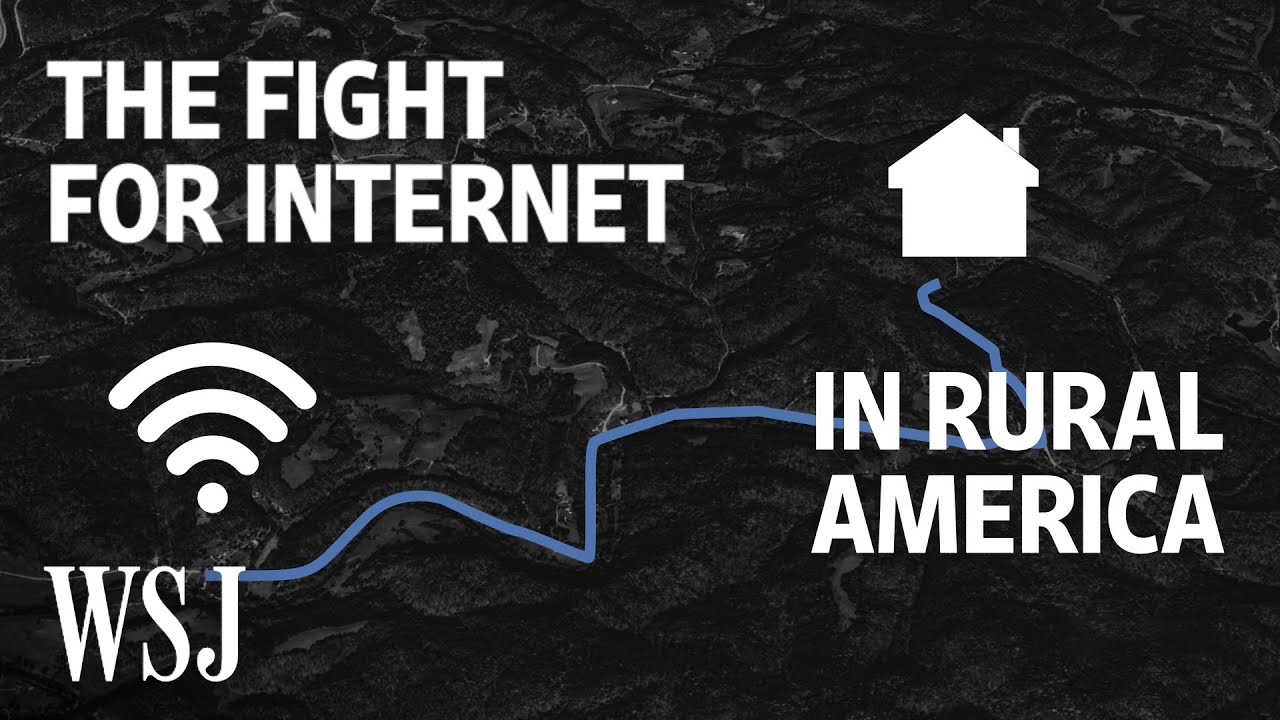MazeCreator Cable • November 2024
Would Satellite Service be good for me?
In today's fast-paced world, having an internet connection that meets your needs is more important than ever.
Satellite internet services like HughesNet and Directv offer reliable and high-speed connectivity, but with a few key differences in package options, pricing, internet speeds, and availability. In this blog post, we will break down the differences between these two providers and help you choose the one that's right for you.
Availability
HughesNet is available in all 50 states, while Directv is available only in certain areas. To find out if Directv is available where you live, you can enter your zip code on their website.
Internet Speeds
When it comes to internet speeds, HughesNet offers download speeds of up to 25 Mbps and upload speeds of up to 3 Mbps. Directv, on the other hand, offers speeds of up to 100 Mbps, though this may depend on your location.
Package Options
Both HughesNet and Directv offer a range of package options to suit different needs and budgets. HughesNet offers four plans: 10 GB, 20 GB, 30 GB, and 50 GB, with monthly prices ranging from $59.99 to $149.99. Directv offers four plans as well: Select, Entertainment, Choice, and Ultimate, with monthly prices ranging from $59.99 to $135.99.
Customer Reviews
When it comes to customer satisfaction, both HughesNet and Directv have mixed reviews. Some customers have complained about slow internet speeds and poor customer service, while others have had positive experiences. It's always a good idea to read reviews and do your research before signing up for any service.
Call to Action
If you're interested in signing up for HughesNet or Directv, there are a few promotions and deals available. HughesNet is currently offering a $50 rebate on their website, while Directv has a number of deals available on their website as well. To take advantage of these deals, call the numbers listed on their websites or compare packages to see which one is right for you.
Deciding between HughesNet and Directv comes down to your budget, internet needs, and location. Both providers offer reliable connectivity and a range of package options, but it's important to do your research and read reviews before making a decision. Call the numbers above to learn more and take advantage of current promotions or deals.








